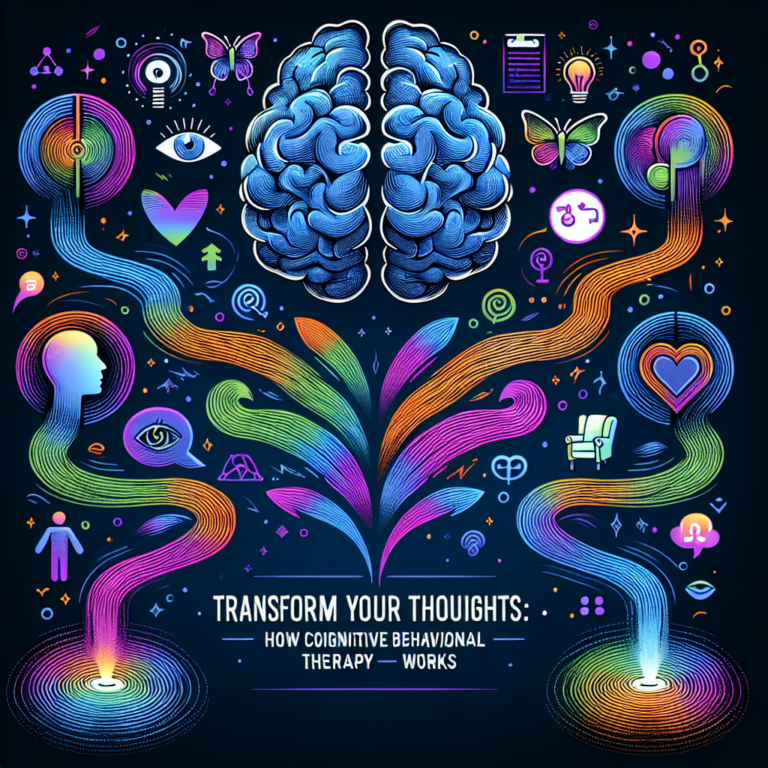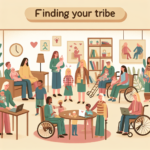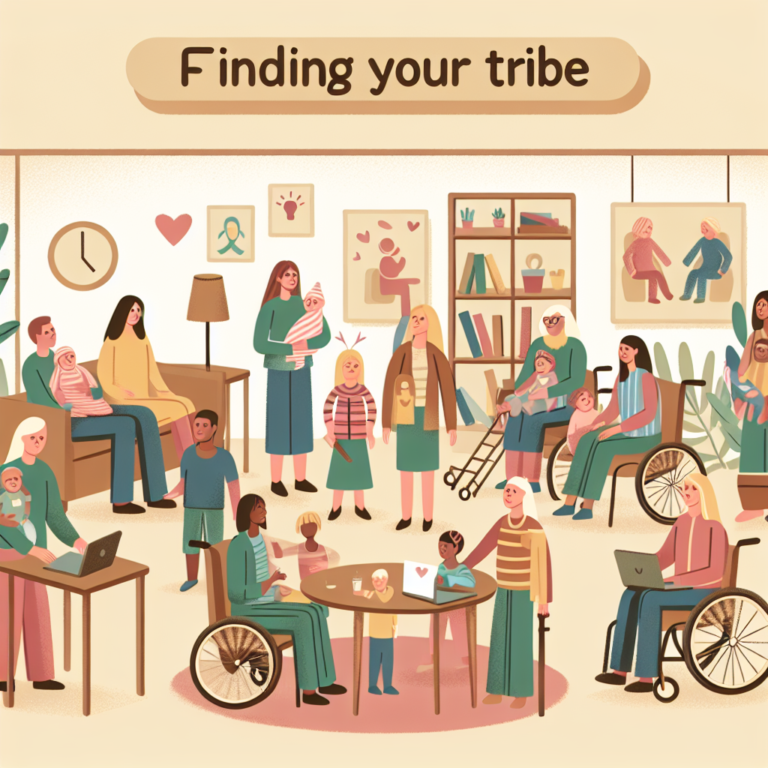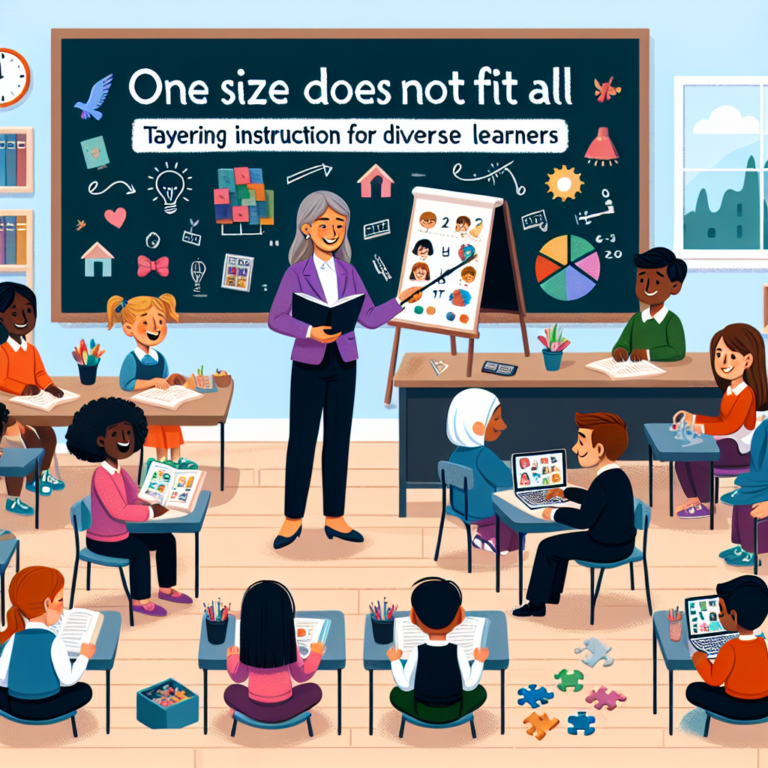
Growing Up with Shadows: The Ultimate Impact of Early Trauma on Emotional Health in Adulthood
Introduction
Picture a child standing in the shadows—muffled cries, aching solitude, and a yearning for normalcy in an environment thick with tension. For countless individuals, this isn’t just a metaphor but a reality shaped by early trauma that continues to cast long shadows into adulthood. Understanding Growing Up with Shadows: The Impact of Early Trauma on Emotional Health in Adulthood isn’t merely an academic pursuit; it’s a journey into the depths of emotional landscapes that many navigate daily.
The stories of resilience and struggle stemming from childhood experiences are profound, often revealing the intricate ways in which early trauma can influence emotional well-being. This article delves deep into the consequences of early trauma, shining a light on how these experiences shape adult lives. By exploring relevant case studies, engaging anecdotes, and actionable insights, we aim to illuminate the path forward for those affected by these invisible shadows.
Understanding Early Trauma
What Constitutes Early Trauma?
Early trauma encompasses a range of adverse experiences experienced during formative years, including but not limited to:
- Physical Abuse: Harm caused by caregivers or others.
- Emotional Abuse: Non-physical means that can severely affect a child’s emotional state.
- Neglect: The failure to provide necessary care, emotional support, or supervision.
- Witnessing Domestic Violence: Observing violent behavior in the household.
- Loss: The death of a parent or parental figure, which creates a significant emotional void.
Each individual’s experience may vary, but the lasting implications of these traumas are universally felt.
Emotional Development and Trauma
Trauma significantly disrupts emotional development. Children are like sponges, absorbing behaviors, emotions, and coping mechanisms from their environment. When that environment is fraught with instability, the foundational emotional skills that children develop are often warped, leading to difficulties in managing emotions, establishing relationships, and fostering self-esteem in adulthood.
Case Study: Rebecca’s Journey
Rebecca, a 30-year-old school teacher, grew up in a home where emotional neglect was the norm. Her parents were physically present but emotionally unavailable, often leaving her feeling invisible. As an adult, Rebecca struggles with forming deep connections, often pushing people away before they can abandon her.
Analysis: Rebecca’s case illustrates how emotional neglect during childhood can lead to fear of intimacy and difficulty in sustaining relationships, key themes associated with Growing Up with Shadows: The Impact of Early Trauma on Emotional Health in Adulthood.
The Psychological Impacts of Early Trauma
Patterns of Mental Health Issues
The links between early trauma and mental health issues are well-documented. Individuals who experience trauma during formative years are at a heightened risk of developing:
- Anxiety Disorders: Continued feelings of fear, worry, and anxiousness.
- Depression: Persistent sadness that can severely impact daily functioning.
- Post-Traumatic Stress Disorder (PTSD): Flashbacks and severe anxiety linked to traumatic memories.
- Substance Abuse: Using substances as a coping mechanism to numb emotional pain.
Chart: Emotional Health Outcomes Related to Early Trauma
| Type of Issue | Likelihood of Occurrence (%) | Linked to Early Trauma |
|---|---|---|
| Anxiety Disorders | 40% | Yes |
| Depression | 35% | Yes |
| PTSD | 20% | Yes |
| Substance Abuse | 25% | Yes |
The Role of Resilience
Not all who experience early trauma succumb to these emotional crises. Resilience plays a crucial role. Factors contributing to resilience include:
- Supportive Relationships: Having a trusted adult can make a significant difference.
- Positive School Experiences: Engaging in learning helps build self-worth.
- Access to Therapy: Professional guidance can help navigate trauma’s effects.
Case Study: Mark’s Story
Mark, who faced physical abuse in his childhood, moved in with his grandparents at the age of 12. Their unconditional love and support became the cornerstone of resilience in his life. Today, Mark is a dedicated mental health advocate, helping others navigate their trauma.
Analysis: Mark’s story reflects the power of positive relationships and support systems in mitigating the adverse effects of childhood trauma, highlighting that while Growing Up with Shadows: The Impact of Early Trauma on Emotional Health in Adulthood is significant, recovery is possible.
Addressing the Shadows
Therapeutic Approaches
Overcoming early trauma requires a tailored approach, and several therapy modalities have shown promise:
- Cognitive Behavioral Therapy (CBT): Helps identify and change negative thought patterns.
- Eye Movement Desensitization and Reprocessing (EMDR): Effective for PTSD, allowing individuals to process and integrate traumatic memories.
- Somatic Experiencing: Focuses on the body’s sensations to heal trauma.
Practical Strategies for Managing Emotional Health
- Mindfulness and Meditation: Techniques that promote present-moment awareness can help in managing anxiety and emotional pain.
- Journaling: Writing about experiences can facilitate emotional release and clarity.
- Physical Activity: Regular exercise significantly boosts mood and reduces stress through endorphin release.
Building a Support System
Peer support and community connections are paramount. Joining support groups or participating in community activities can foster a sense of belonging that counters the isolation often felt by trauma survivors.
The Path Forward: Healing and Hope
Long-Term Effects of Sustained Efforts
The journey from Growing Up with Shadows: The Impact of Early Trauma on Emotional Health in Adulthood is one of continuous growth. While trauma may cast long shadows, the efforts toward healing can lead to a brighter future filled with potential. The integration of therapy, self-care strategies, and a robust support network can ignite transformative changes.
Inspirational Stories of Transformation
Consider Sarah, who, after years of struggling with anxiety stemming from childhood trauma, finally sought help. Through CBT, she learned to challenge her anxious thoughts and gradually rebuilt her life. Today, Sarah gives workshops on emotional resilience to empower others.
Conclusion
The exploration of Growing Up with Shadows: The Impact of Early Trauma on Emotional Health in Adulthood reveals the profound effects of childhood adversity on emotional health. Yet within these narratives of pain lies the potential for healing and growth. Remember, you are not defined by your past. With support, resilience, and actionable steps, it is possible to illuminate the shadows that have lingered for too long.
Takeaway
Embrace the journey towards healing. Reach out, seek support, and remember that every step forward is a victory. You have the power to turn shadows into strength.
FAQs
1. What is early trauma?
Early trauma refers to adverse childhood experiences that disrupt emotional and psychological development.
2. How does childhood trauma affect adulthood?
It can lead to various mental health issues, emotional dysregulation, and difficulties in relationships.
3. Can early trauma be healed?
Yes, with the right therapy, support systems, and personal efforts, healing is achievable.
4. What therapies are effective for trauma recovery?
Cognitive Behavioral Therapy (CBT), EMDR, and somatic experiencing are among those proven effective.
5. How can I support someone with a history of trauma?
Listen without judgment, encourage professional help, and be present; a supportive relationship can make a significant difference.
In the end, as we mix hard truths with hope, let us remember that understanding trauma allows us to light the path toward healing. The shadows may linger but they do not define the future waiting to unfold.

















